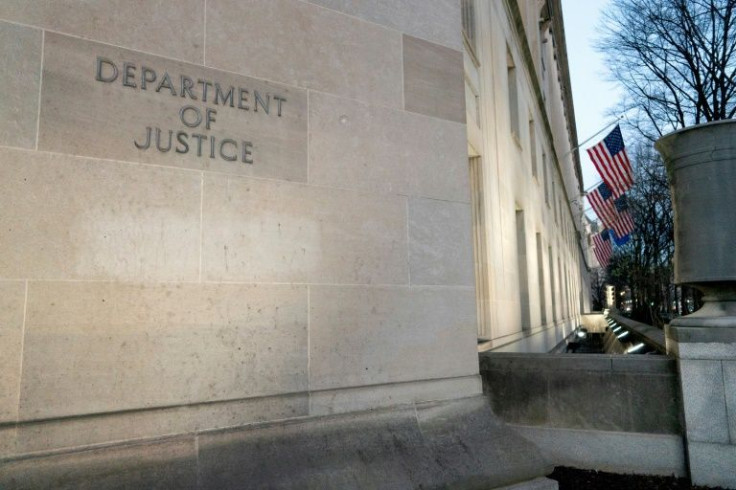'I Was In Shock': Russian Oligarch Describes Life After Being Sanctioned For Ukraine War
A Russian oligarch has seen his world turn upside down after Western nations sanctioned him for President Vladimir Putin’s decision to invade Ukraine. Rather than commanding a once powerful investment bank, this oligarch has been reduced to a monthly allowance from the British government today.
In an interview with Bloomberg News published on Thursday, Mikhail Fridman, one of Russia’s richest men, described the feeling of shock he felt when he learned of sanctions applied to him in response to Putin’s war in Ukraine.
“I don’t know how to live,” Fridman, the founder of Russia's largest privately owned banks, Alfa Bank, told Bloomberg.
Fridman, who was born in the western city of Lviv in Ukraine during the Soviet Union, said that he never expected Russia would ever launch an attack on its neighbor. When the war came on Feb. 24, the oligarch issued a call for peace between what he said were "two nations who have been brothers for hundreds of years.”
But soon after the war, Fridman found himself blacklisted by the European Union (E.U.) in their initial sanctions package against Russia on Feb. 28. On March 15, the United Kingdom (U.K.) followed suit by announcing its own sanctions against him. According to Fridman, who was worth $14 billion before the war, the effect has reduced him to having to seek permission from the government to spend money from a $3,300 monthly allowance.
Targeting Russia’s oligarchs has been described in the West as a means to pressure Putin to call off his war. To date, the U.S. and European governments have seized luxury yachts, estates and other assets belonging to the Russian elite. Seeking to protect their wealth, several oligarchs have moved to transfer their yachts to jurisdictions where they will be safe from seizure. To date, Fridman has not been sanctioned by the United States.
But Fridman disputes the effectiveness of sanctions as a tool to influence Putin. The sanctions, he argues, are based on a misinformed understanding of how power and decision making functions in the Kremlin, and that oligarchs had little capacity to alter Putin’s course.
“The power distance between Mr. Putin and anybody else is like the distance between the Earth and the cosmos,” said Fridman.

Fridman is from a rare crop of pre-Putin oligarchs who have managed to hold onto their wealth without being forced into exile.
Once among a group of seven oligarchs who saved the presidency of Russia’s first democratic leader Boris Yeltsin in 1996, Fridman insists that he has done what he can to honor an informal deal between Putin and Russia’s business elite; stay out of politics or risk losing your business. To that end, Fridman has worked to steer Alfa Bank and his other businesses away from the political scene.
Like Fridman, other oligarchs have insisted that they are being unjustly punished for Putin’s choice to engage in a war that they say they do not support.
Petr Aven, Fridman’s business partner who was similarly sanctioned by the E.U. and U.K., denied that he was close to Putin or his allies. Oleg Deripaska, described as “Putin’s favorite industrialist” has called for peace talks to end the war.
Putin, who is known to despise those he considers traitors to Russia, sent a signal to the business elite with ties in the West that he was questioning their loyalty to the state on Wednesday.
"I do not in the least condemn those who have villas in Miami or the French Riviera, who cannot make do without foie gras, oysters or gender freedom, as they call it," Putin said in a televised address.
"The problem, again, is that many of these people are, essentially, over there in their minds and not here with our people and with Russia."
© Copyright IBTimes 2025. All rights reserved.




















